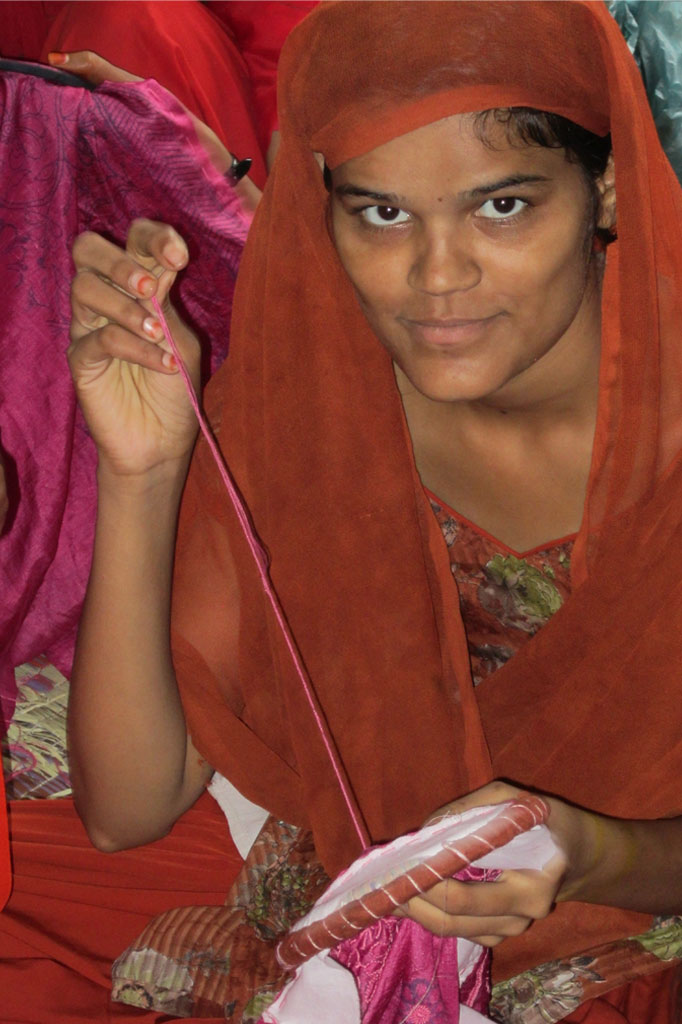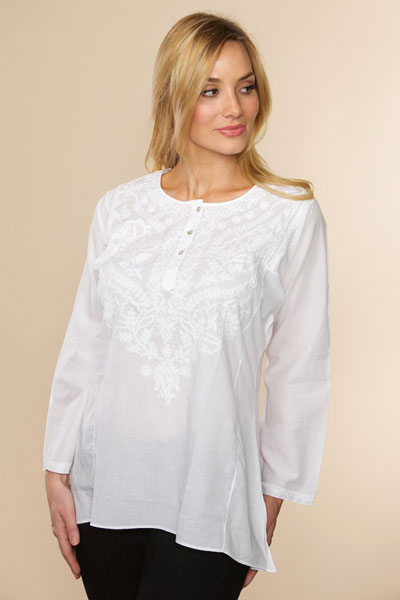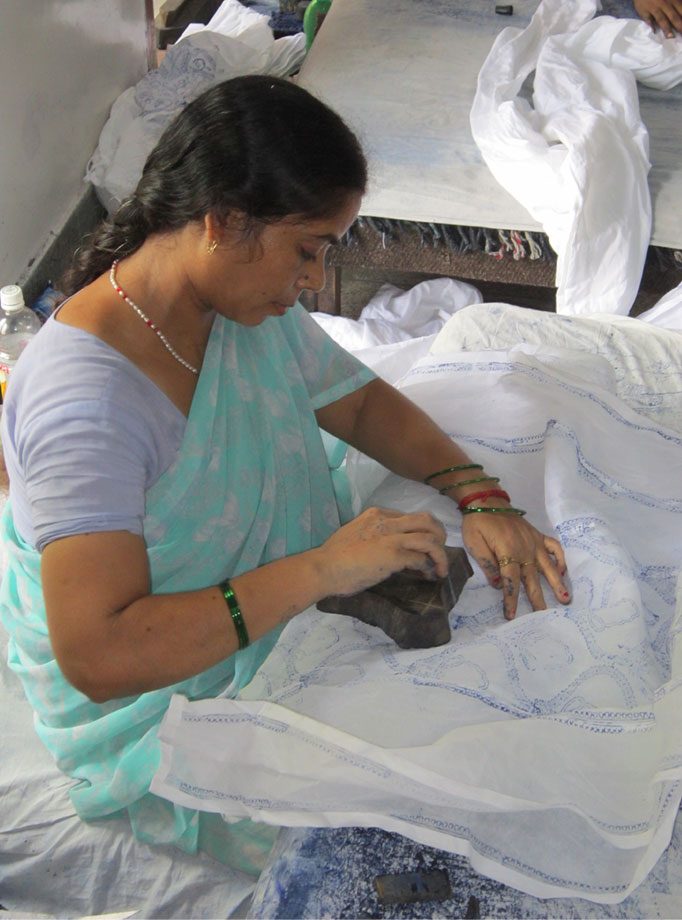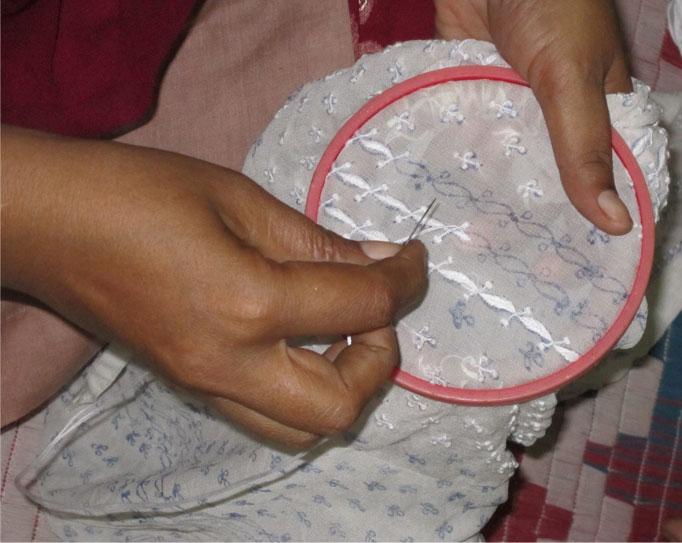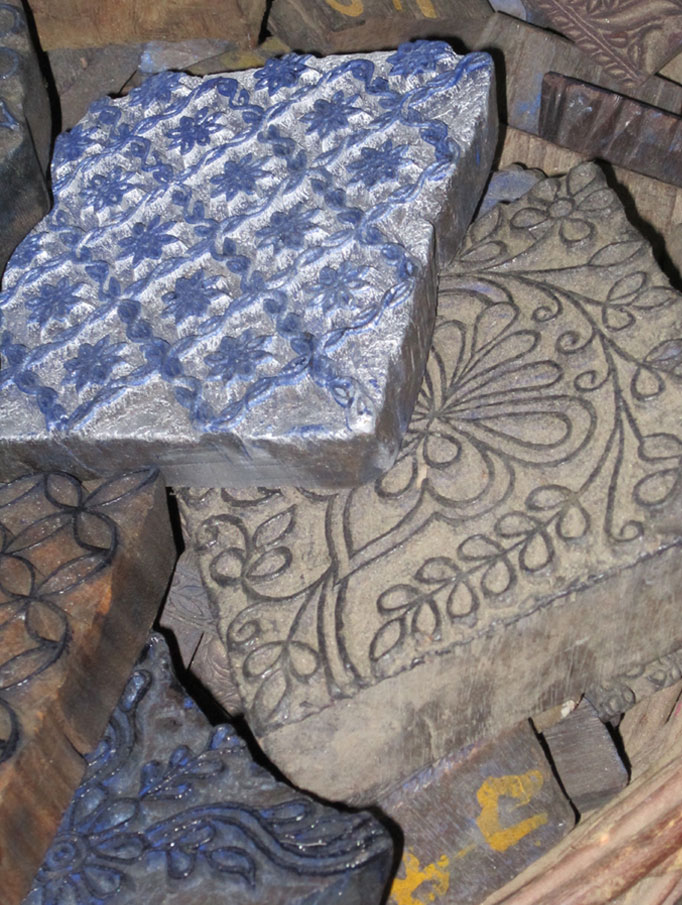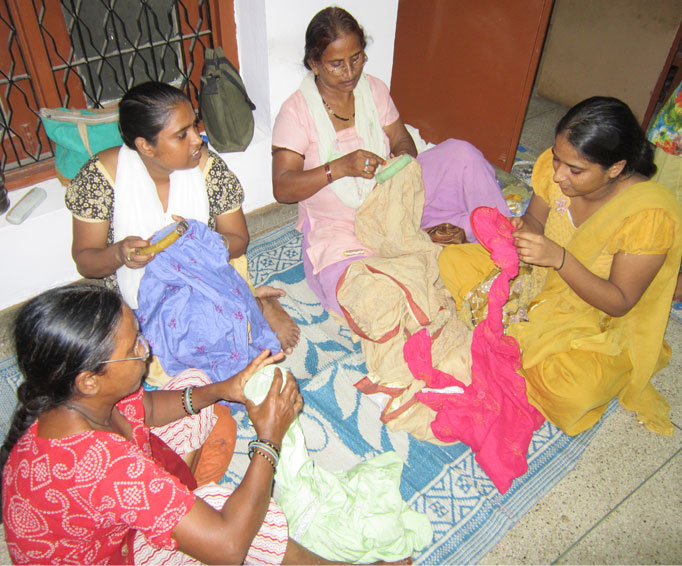The Making of Sevya’s Hand-Embroidered Cotton Tunics
Sevya’s wholesale fair trade clothing collection includes an extensive range of beautifully hand-embroidered cotton tunics. These cotton tunics come in a range of colors and styles, and the classic white on white embroidered tunic is a very popular style that is always in fashion. The soft 100% cotton fabric with intricate hand embroidery makes these tunics an elegant and comfortable style for resort and summer wear.
Women in the northern state of Uttar Pradesh, India do the hand embroidery for these tunics in their homes. The women often gather together at one home in their village, and do the embroidery together while socializing with one another. With the help of local organizations, the women also set up their own bank accounts and start saving money for themselves and their children. This creates profound changes in their lives, increasing their security as well as their self-confidence and pride in themselves and their work.
The women learn embroidery techniques from their mothers and grandmothers. This style of embroidery is known as Chikankari and is a form of shadow-work embroidery, where the embroidery is actually done on the reverse side of the sheer cotton fabric, creating a beautiful effect. There are 36 different types of stitches that are used for Chikankari embroidery and this embroidery style dates back hundreds of years, and is referenced in texts from the 3rd century B.C.
The cotton tunics are first semi-stitched and then the design for the embroidery motif is hand block-printed. Once this is done, the tunics are delivered by bicycle to the women artisans homes in the villages. Each woman is given one tunic to embroider for every round of production: this means that when we order 1,000 tunics, a thousand different women are getting equal work and ongoing sustainable livelihood. For women artisans in these small villages in Northern India, this provides much-needed income that they can earn by doing the embroidery work in their homes whenever it is convenient for them.
Each of Sevya’s hand-embroidered tunics is truly a work of art, made with great skill, love, and dedication. Many people are involved in each aspect of the production:
- » Stitching the tunic
- » Carving the wooden blocks used for printing the design
- » Block-printing the motif
- » Doing the intricate hand embroidery
- » Transporting the tunics by bicycle to and from the villages
- » Washing and ironing the finished tunic.
Sevya is dedicated to developing unique and beautiful products that showcase the rich artistic traditions of India and provide sustainable livelihood for the artisans and other people involved in each stage of the production. This greatly benefits the local economies in the villages and helps to ensure that these rich traditions will continue for many generations to come.

